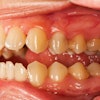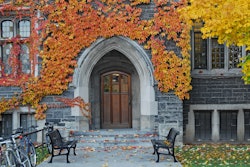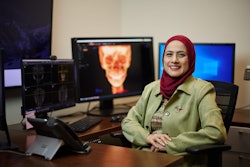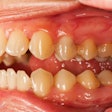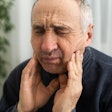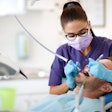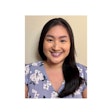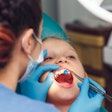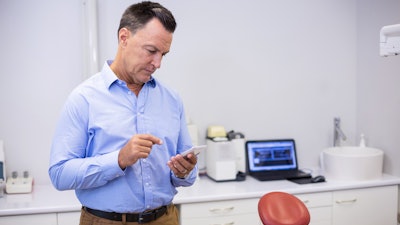
A free app has been developed to offer guidance for dental professionals in handling unexpected situations in the dental office, including a hyperventilating patient, anxiety, and cardiac emergencies, according to news from the Tufts University School of Dental Medicine (TUSDM).
The app, 10 Minutes Saves a Life -- the name of which comes from the insight that it typically takes about 10 minutes for medics to respond to an emergency at a dental practice -- offers step-by-step instructions for handling the unexpected, and it can be used to direct-dial 911, according to the story.
"Medical emergencies don't usually happen in dental offices," Dr. Morton Rosenberg said. Rosenberg is professor emeritus at TUSDM and part of the team from the Anesthesia Research Foundation of the American Dental Society of Anesthesiology that developed the app. "They don't usually happen in airlines or nuclear power plants, either. But we need cognitive aids for when things go bad," Rosenberg said.
The app, incorporated into multiple dental school curricula and clinic practices, aids in teaching and implementing lifesaving skills among dental professionals. Certification in these skills is mandatory for dentists and dental hygienists, according to the story.
Additionally, state licensing boards enforce requirements for emergency drugs and equipment, such as inhalers and defibrillators, tailored to the sedation level offered by each practice. Syncope, often triggered by anxiety, is the most common dental emergency, but it can indicate underlying health issues, according to the story.
As the U.S. population ages, dentists anticipate an increase in patients with chronic health conditions, raising the likelihood of emergency complications. Furthermore, many patients have neglected dental care due to financial constraints or fear. To aid dentists in emergency preparedness, patients should provide comprehensive medical histories, including all medications taken.
"Patients come in and we'll start off by taking their medical history. And occasionally they'll say, 'Why do you need to know that? You're just a dentist,'" Dr. Jonathan Stephens, chief medical officer and assistant professor at TUSDM, said in the story. "We're not asking these questions to check a box. It really does matter."




